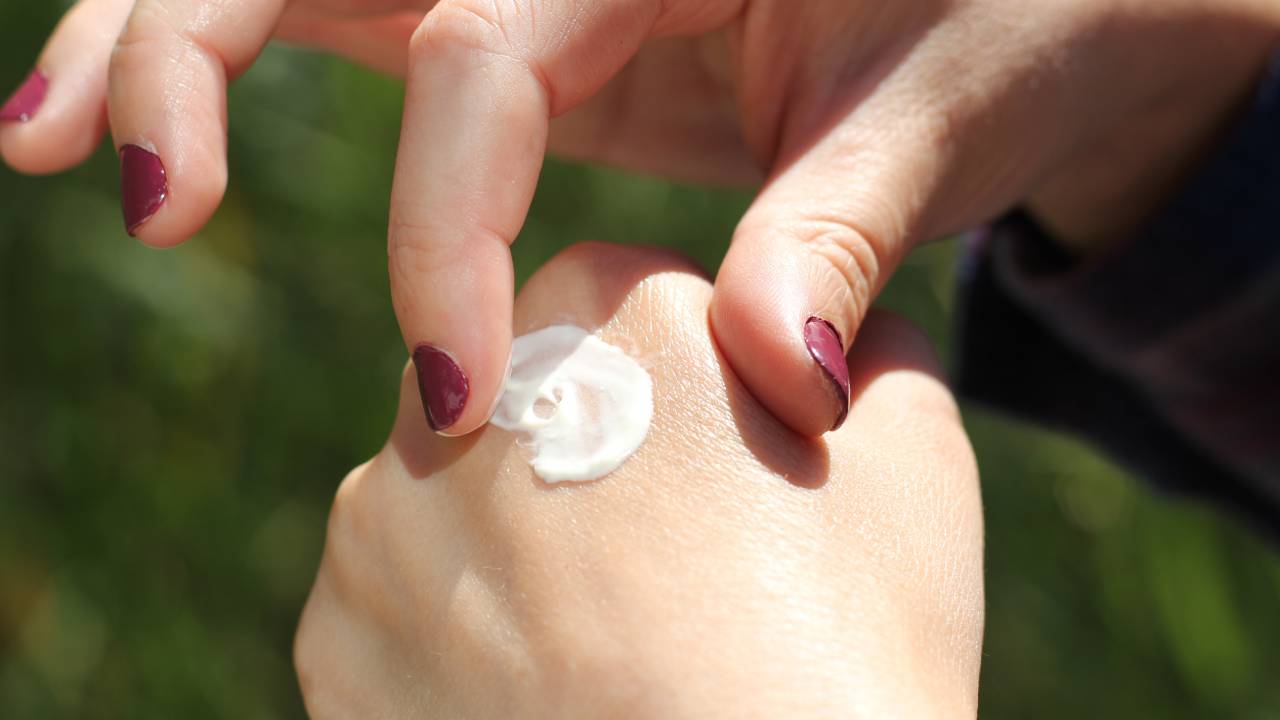
As the winter chill sets in, it’s essential to nourish and protect your skin from the harsh weather. I don’t know about you but my skin is really not enjoying this cold weather. Despite slathering my face with the best moisturiser, my skin has been feeling extra dry recently and my hands and lips are taking the brunt of the winter season.
According to experts at beauty and wellness marketplace, Fresha, “the winter can bring challenges to your skin, so it’s vital to adapt your skincare routine to this colder season.” To find out more, Fresha shared six essential skincare tips to keep your skin hydrated, healthy and protected this winter.
1. Use a gentle cleanser for a healthier skin barrier
With colder weather comes drier and more sensitive skin, so it’s important to use gentle products to the face to maintain a healthy skin barrier. Fresha recommends using “creamy cleansers instead of foaming ones, as well as washing your face with lukewarm water instead of hot water. Implementing these small changes will ensure that your skin’s natural oils are not being stripped away and that your skin barrier is protected to retain moisture.” For more details, check out these 3 things you should know about your skin barrier.
2. Try a vitamin C serum
To hydrate and brighten your skin while promoting collagen production and reducing hyperpigmentation, try introducing a vitamin C serum to your skincare routine. Vitamin C serums “can heal blemishes and provide UV protection… not to mention, it gives your skin an incredible glow during the dull winter months,” says Fresha.
It’s important to note that you should gradually introduce vitamin C to your skincare regimen as it may not be suitable for your skin type due to its high concentration. Do a patch test before regularly using a vitamin C serum and if you develop any redness or irritation, you shouldn’t use the product. But this doesn’t mean you can’t give your skin the extra hydration it needs – take a look at tip five for more.

3. Apply SPF… it’s not just for summer!
Using SPF daily is essential for keeping your skin healthy and protected from the sun. While there’s a lack of visible sunshine during the winter, the sun’s UV rays still come through the clouds and seep into your skin, which can damage it. Even during the winter, “it’s recommended to apply a high SPF, such as SPF 30 or 50 after you cleanse but before you moisturise to fully protect your skin. Even SPF 15 is too low in the winter season… so be sure to add this to your beauty regime if you haven’t already.”
4. Protect your hands and lips
It’s not just your face that needs extra attention and protection this winter. As the skin on your lips and hands is thinner, they’re more vulnerable to dryness which is why they’re more cracked and sore during the colder months. “To prevent this, apply a good quality lip balm and a rich layer of hand cream in between hand washing, going outside, eating, and drinking,” suggests Fresha. If your lips are struggling this winter, try these lip balms to soothe chapped lips.

5. Stay hydrated from the inside out
To combat the hardness of the cold air, make sure you’re hydrated from the inside out this winter. To prevent a dry and flaky face, Fresha recommends using a hydrating moisturiser twice a day to lock in moisture before sealing your moisturiser “with a facial oil, such as argan or jojoba, to fully reap the benefits.” To hydrate the rest of your body, make sure you’re drinking plenty of water and eating water-rich foods, like oranges, cucumbers, soups and broths.
6. Don’t overload your skin
It can be tempting to slather your skin in as many products as possible to get rid of dryness and soreness. But “overloading the skin with too many products, especially new ones, can exacerbate or evoke skincare issues. It’s recommended to trial new products and carefully monitor how your skin responds to them on a day-by-day basis,” says Fresha.
Following these tips and keeping consistent with your skincare routine should leave your skin feeling and looking healthy, happier and hydrated during the colder months.







